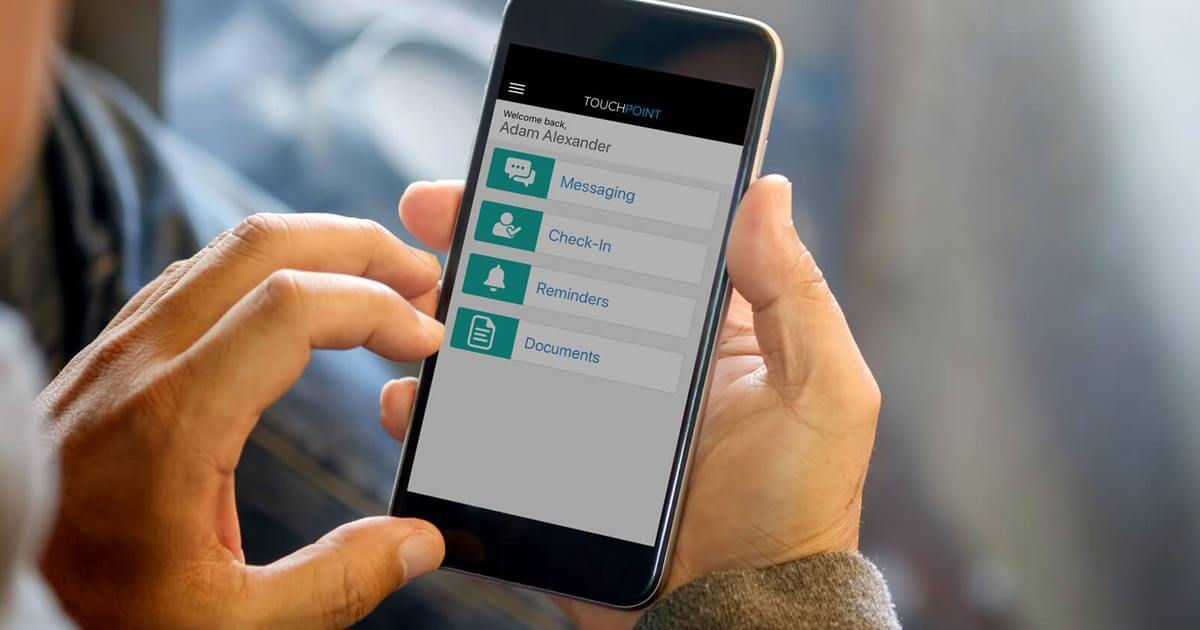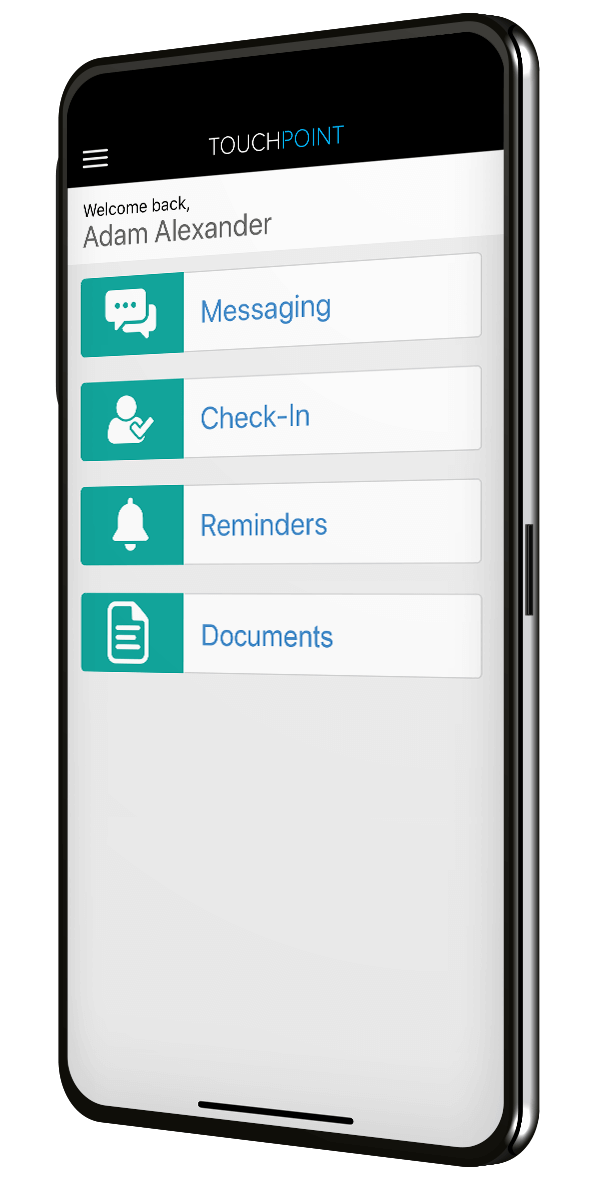When the COVID-19 pandemic began to spread nationwide, Greg Pinski, District Judge for Montana 8th Judicial District, had one goal: to ensure that participants in the Cascade County treatment courts had the ability to be accountable and compliant with court orders, while focusing on their safety and sobriety. This task is difficult during the best of times, but even more so during the unprecedented situation posed to courts by the coronavirus. Fortunately, Judge Pinski quickly found a way to accomplish his goal with the help of SCRAM TouchPoint®.
TouchPoint: A Quick and Effective Solution
The Cascade County treatment court, the largest of its kind in Montana, has 75 participants in the drug court and 55 participants in the veteran’s court. The team uses many tools to help clients make progress, including SCRAM Continuous Alcohol Monitoring® (SCRAM CAM®), SCRAM Remote Breath®, and SCRAM GPS®. When COVID-19 hit, approximately half of the court’s clients received support from yet another SCRAM product: the SCRAM TouchPoint Mobile Client Engagement app. TouchPoint is a tool designed to improve officer efficiency and support client engagement and compliance by streamlining interactions and communications through clients’ mobile devices. It enables secure, real-time messaging, a variety of electronic monitoring reminders, and critical check-in capabilities.
Once implemented, participants were up and running with the mobile app within days. This was made possible because all the client has to do is download an app directly onto their own smartphone. From there, Cascade County treatment court participants could have safe, socially distant, and meaningful interactions with their court liaisons and treatment providers.
Thinking Outside of the Box for Recovery Continuity
Providing a safe way for clients to check in with the courts or their supervisor was a key benefit to Cascade County treatment courts. Part of the functionality of TouchPoint involves enabling clients to perform remote check-ins which typically include a simple list of questions to ensure that they are meeting their supervision requirements. But Montana 8th took it a step further; court coordinators used the messaging feature to send specific recovery-based questions to clients. The questions were designed to require an open-ended response and enabled court coordinators to engage clients in meaningful dialogue and connect them with vital services.
Recovery-based Mobile Check-in questions
What things have you done today to maintain your sobriety?
What new activities have you built into your recovery?
What challenges did you face today and how did you overcome them?

Montana 8th Judicial District
TouchPoint Technology Reduces Isolation Through Critical Connection
The safety measures provided by the TouchPoint app went beyond keeping a safe social distance between clients and providers. “Like everyone else, treatment court participants were very isolated,” said Judge Pinski. “But these are individuals that have substance use disorders and mental health conditions—they need help and they need contact.”
During one messaging exchange, a participant admitted contemplating suicide due to feelings of distress. The treatment court team was able to respond immediately and get help to the individual, potentially saving a life. The coordinators would often send multiple messages a day to their clients—messages of encouragement, sharing online treatment resources, and simple inquiries into how they were managing during quarantine turned out to be a lifeline for many.
“It became a tool that enabled us to continue our vital operations and be able to maintain that contact with the people who needed it,” said Judge Pinski. “Those are things that we can’t do with any other app that is available to us. The integration of that app into our traditional SCRAM Systems products has proved very useful.”
Clients Remain Engaged and Accountable
The TouchPoint app even helped participants become more engaged in their own treatment and the progress of their peers. One participant from the veteran’s court found an online PTSD support group that was useful, and was able to communicate that to the coordinator and case manager so they could then pass it along to all veterans in the treatment court.
Accountability is a huge element of staying compliant. But in quarantine, AA/NA meetings and support groups suddenly became virtual, making it difficult for clients to prove participation. The TouchPoint app allowed clients to photograph and upload proof of attendance directly to their supervisor, thereby eliminating gaps in accountability.
This crisis is far from over, and uncertainty looms. But when asked about the future of TouchPoint in his courts, Judge Pinski simply said, “I just can’t see us not using TouchPoint going forward, because of how important it has been to the success of our court during this time.”


